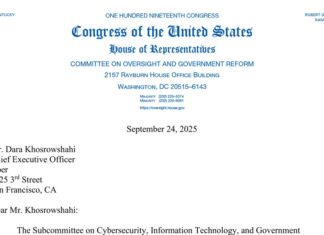Despite rising geopolitical tensions and anti-China sentiment, Chinese-born researchers continue to be a dominant force driving artificial intelligence innovation in the United States. This reality contradicts the narrative of China as a primary competitor in the AI race, revealing a critical dependency within the American tech industry.
The Paradox of American AI Development
Recent data, including a review of Meta’s Superintelligence Lab team, highlights this reliance. Eleven AI researchers were recently hired by Meta, seven of whom were born in China. This isn’t an isolated case. Two new studies confirm that researchers with Chinese origins have consistently played key roles in U.S. AI labs for years, even amidst increased restrictions on immigration and growing hostility towards China in Silicon Valley.
This paradox arises from the fact that China produces a disproportionately high share of the world’s top AI talent. A 2020 study by the Paulson Institute estimated that Chinese researchers comprise nearly one-third of the global AI elite, with the majority working for American firms and universities.
Why This Matters
The U.S. dependence on Chinese talent in AI is a strategic vulnerability. While policymakers debate restrictions on technology transfer and immigration, cutting off access to this talent pool would significantly hinder America’s AI progress. The situation also complicates the narrative of a purely adversarial relationship between the two nations. Despite political friction, research collaboration continues, suggesting that both countries recognize the mutual benefits of shared innovation.
This dependence also raises questions about long-term sustainability. If China further strengthens its domestic AI ecosystem, will talented researchers continue to choose to work in the U.S.? The current trend suggests they still do, but that could change as geopolitical tensions escalate.
The Nuance of Collaboration
Despite heated rhetoric from Washington and Beijing, researchers in both countries maintain ties. This collaboration is vital because AI development is a global endeavor. No single nation has a monopoly on the expertise, resources, or data needed to achieve breakthroughs.
The reliance on Chinese talent isn’t just about technical skill; it also reflects the global nature of scientific progress. Researchers from different backgrounds bring diverse perspectives and approaches that accelerate innovation.
In conclusion, while political tensions escalate, the American AI landscape remains deeply intertwined with Chinese talent, creating a complex reality that defies simple narratives of competition and rivalry. This reliance underscores the need for a more nuanced approach to AI policy, one that recognizes both the challenges and the benefits of international collaboration.































